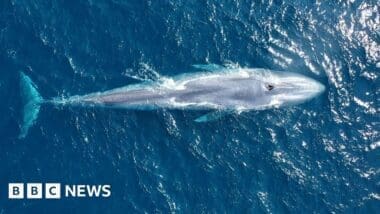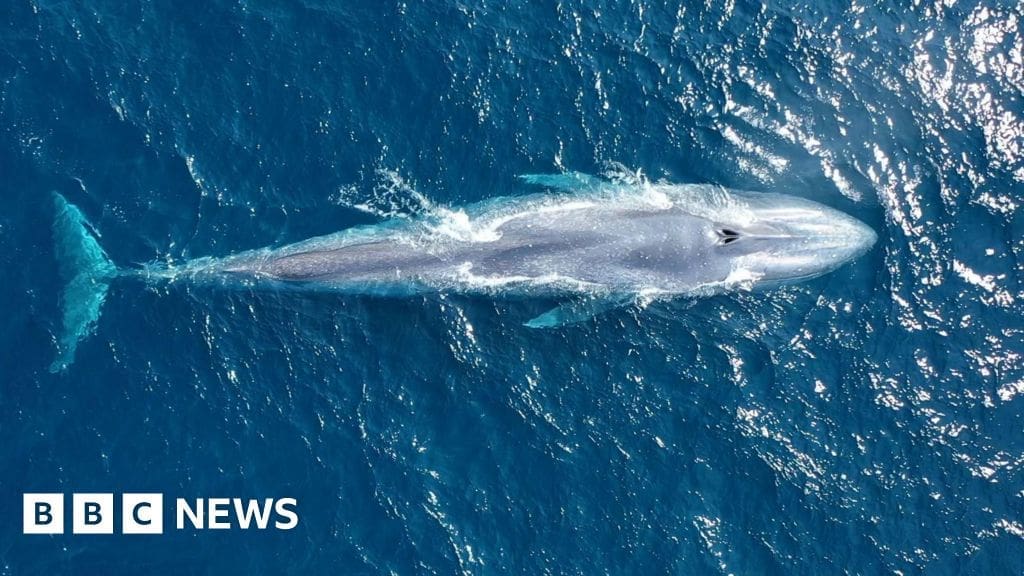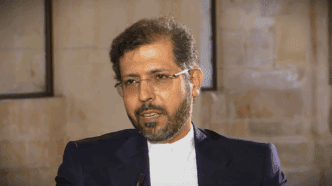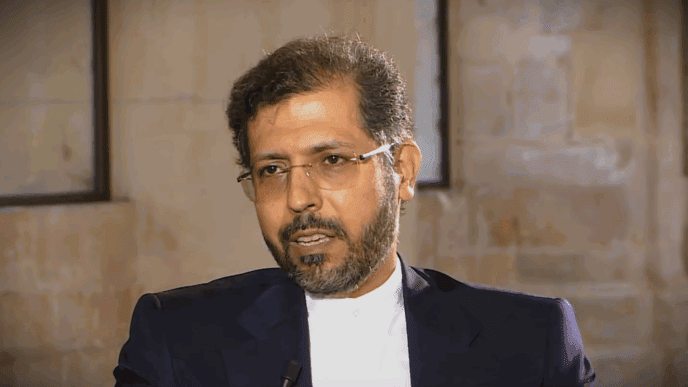In the village of Subaun, Faustino Mauloko da Cunha and his son Zacarias dedicate their time to observing the majestic pygmy blue whales during their migration. Equipped with binoculars and a telephoto camera, they are part of a local effort to document these elusive creatures. The operation, led by Australian marine ecologist Karen Edyvane, utilizes drones to capture photographic data, significantly contributing to the understanding of these marine giants.
The project, which began in 2014, relies heavily on local knowledge and citizen participation. Over the past decade, these citizen scientists have recorded nearly 3,000 sightings of pygmy blue whales, an achievement deemed ‘truly extraordinary’ by Edyvane. She coordinates the work, especially during the peak migration months of October and November, when whales journey from southern Australia to the Banda Sea.
Timor-Leste’s waters, rich in marine life, provide a unique vantage point for studying whale behavior. Edyvane’s team has been able to document intimate aspects of the whales’ lives, such as a mother nursing her calf, capturing footage that offers rare insights into their reproductive behaviors.
The initiative initially started as a Facebook group, where locals could post sightings, fostering real-time updates and community excitement. Training provided by professionals enabled the volunteers to effectively use technology like telephoto cameras and drones for their surveys. In 2016, collaborations with dive tour operators led to the establishment of whale-watching tours, further enhancing the visibility of these marine investigations.
Set against the backdrop of Timor-Leste’s vast economic challenges, where the majority of villagers subsist on modest incomes, the project also brings economic opportunities. The da Cunha family, for instance, has begun cooking meals for researchers and tourists alike, tapping into the growing interest in whale tourism—a sector that poses both opportunities and regulatory challenges.
Local non-profits have expressed concerns about the need for regulated tourism to ensure the continued protection of marine life. The government intends to leverage Edyvane’s research to bolster conservation efforts, balancing ecological sustainability with economic benefits for the community.
Through these efforts, citizen scientists in Timor-Leste have not only contributed to scientific knowledge but also nurtured a growing appreciation for their natural environment. According to wildlife scientist Vanessa Pirotta, the use of drones and social media enables these local researchers to provide valuable insights, linking their observations to broader scientific endeavors.
By turning a modest operation into a robust research and conservation project, these citizen scientists have enriched understanding of pygmy blue whales while fostering a connection between ecological research and community empowerment.
Source: BBC














